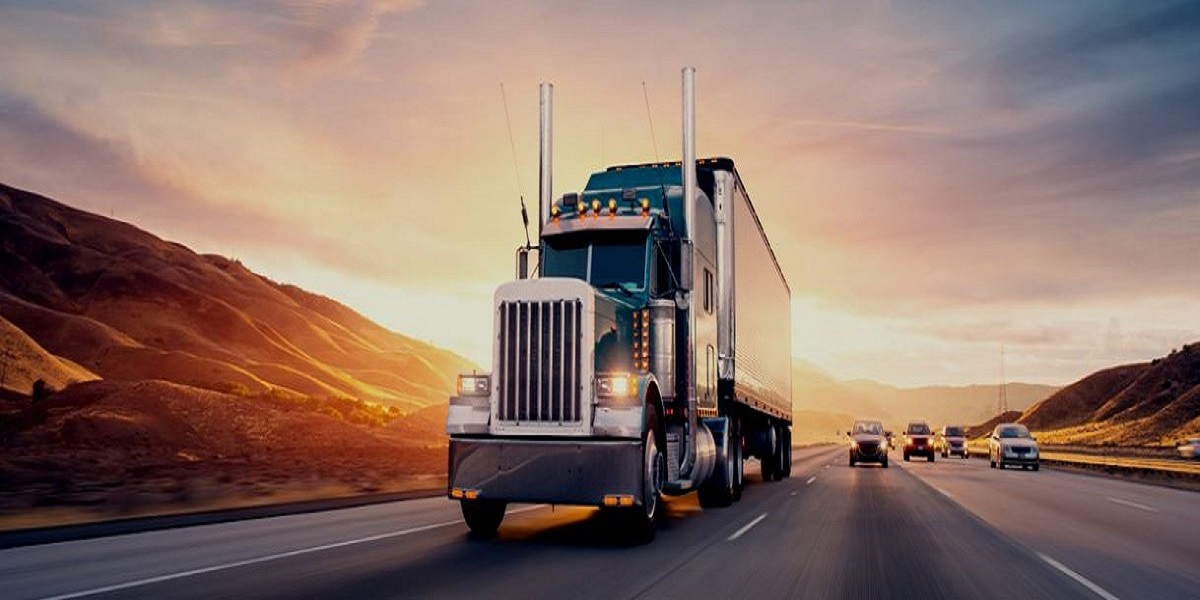Overview
To succeed in digital transformation, the transportation industry will need to continue to reevaluate. Anticipating and meeting these challenges cannot be accomplished simply by building more infrastructures, expanding the fleet or hiring more employees. It requires reevaluating today’s business and putting strategies in place that enable transportation to scale, while at the same time being more reliable, responsive, cost effective and customer centric. To meet the demand, we have to recognize the importance of being a part of the digital world and incorporating digital strategies.
Transportation is already well versed in digital technologies, monitoring equipment health, recording delivery events 24×7 and tagging equipment. Still there is more to do, just as Uber changed the game in the taxi industry by using sensors, smartphones and real time network computing, there are opportunities for the transportation industry to tackle inefficiencies in the areas of transportation assets, the workforce, operations and the network.

Challenges
Storage and fuel cost
Improved customer service
Government regulation and environmental issue
Business process improvements
Shortage and retention of labors
Technology strategy and implementation
Solutions
Order to Cash
- Quotation and Agreement Management
- Tariff and Charge Management
- Order and Booking Management
- Advanced Customer Settlement
- Invoice Dispute Management
Sales and Marketing
- Marketing Management
- Sales Force Empowerment
- Sales Performance Management
Network and Operations
- Inbound, Outbound and Internal Process
- Transportation Network Management
- Transportation Planning
- Transportation Execution
- Yard Logistics
Asset Management
- Asset Management
- Safety and Incidents Management
- Equipment Lifecycle Management
Procurement Excellence
- Strategic and Operational Procurement
- Supplier/Carriers Management
- Inventory and Warehouse Management
- External Workforce Management
- Invoice and Payables Management